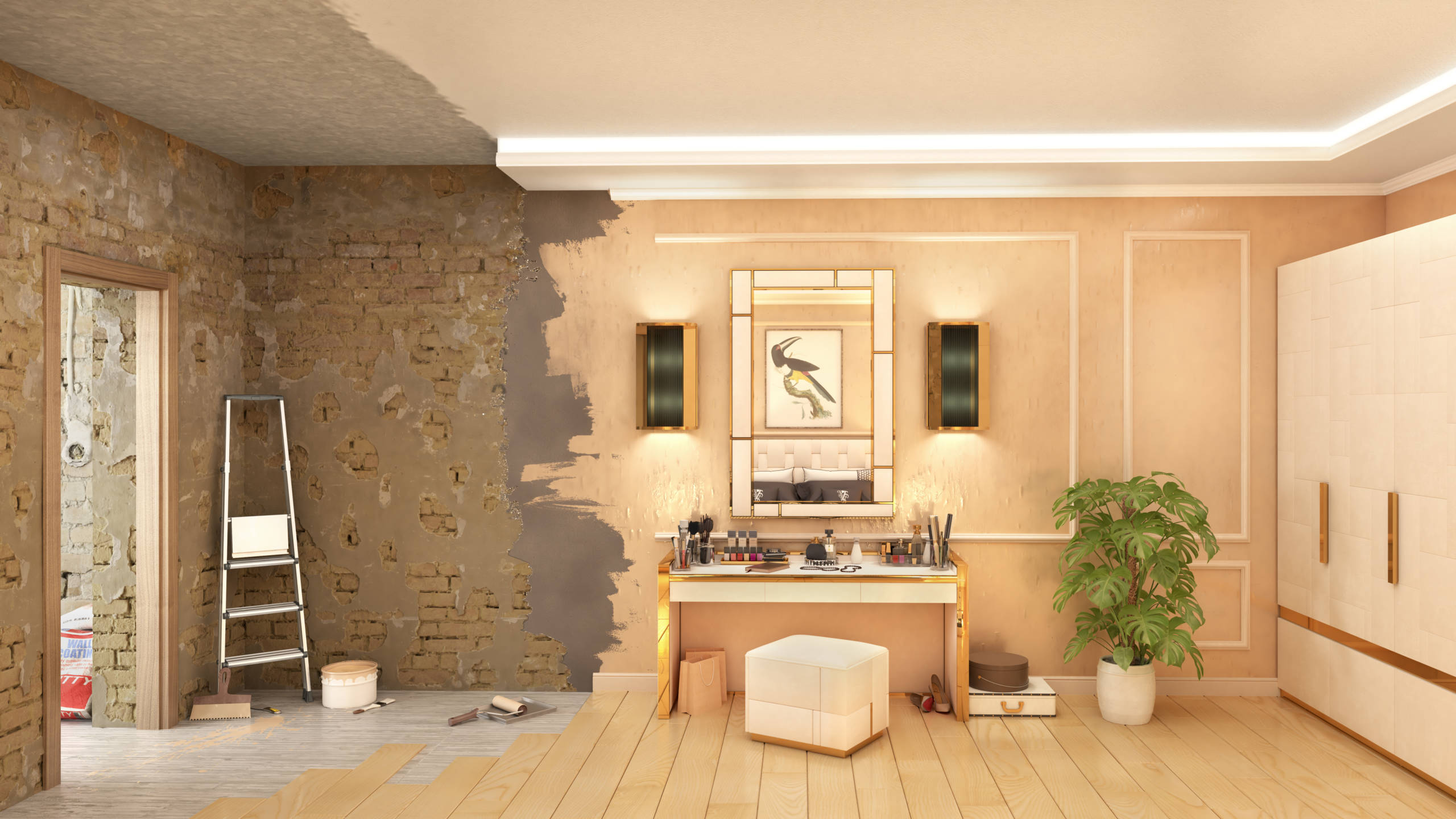
Are you considering buying a fixer-upper? The idea of purchasing a property with great potential at a lower price can be tempting. However, it’s essential to weigh the pros and cons before making a decision. In this article, we will explore the advantages and disadvantages of buying a fixer-upper, helping you make an informed choice. Whether you’re a first-time homebuyer or an experienced investor, understanding the pros and cons of purchasing a property in need of renovation is crucial.
The Pros of Buying a Fixer-Upper
1. Lower Purchase Price
One of the most significant advantages of buying a fixer-upper is the lower purchase price compared to move-in ready homes. Properties in need of renovation often have a lower market value, allowing buyers to get more square footage or a better location for their budget. This lower purchase price provides an opportunity to invest in a property that may have been otherwise unaffordable.
2. Potential for Increased Equity
By purchasing a fixer-upper and investing in renovations, you have the potential to increase the property’s equity. As you improve the home’s condition and add value, its market value can rise significantly. This increased equity can be beneficial if you decide to sell the property in the future or use it as collateral for a loan.
3. Customization and Personalization
Buying a fixer-upper gives you the freedom to customize and personalize the property to your liking. Unlike move-in ready homes, which may have features and finishes that don’t align with your preferences, a fixer-upper allows you to tailor the space to your needs. From choosing the color palette to selecting the materials, you have the opportunity to create a home that reflects your style and taste.
4. Learning Experience and Personal Satisfaction
Taking on a fixer-upper project can be a fulfilling and educational experience. It allows you to learn new skills, such as basic carpentry, painting, or plumbing, as you tackle various renovation tasks. The sense of accomplishment and personal satisfaction that comes from transforming a rundown property into a beautiful home can be incredibly rewarding.
5. Potential for Rental Income
If you’re considering buying a fixer-upper as an investment property, there is the potential to generate rental income. Renovating the property and making it suitable for tenants can provide you with a steady stream of cash flow. Rental properties can be a lucrative long-term investment, especially in desirable locations with high demand.
The Cons of Buying a Fixer-Upper
1. Higher Renovation Costs
While the initial purchase price of a fixer-upper may be lower, it’s important to consider the potential higher renovation costs. Renovations can be expensive, especially if the property requires significant structural repairs or updates to critical systems like plumbing or electrical. The cost of materials, labor, and unforeseen issues can quickly add up, potentially exceeding your budget.
2. Time and Effort
Renovating a fixer-upper requires a significant amount of time and effort. From planning and obtaining permits to managing contractors and overseeing the work, the renovation process can be time-consuming and demanding. If you have a busy schedule or limited availability, taking on a fixer-upper project may not be feasible.
3. Uncertainty and Unexpected Issues
When buying a fixer-upper, there is always a level of uncertainty and the potential for unexpected issues to arise during the renovation process. As you uncover hidden problems, such as structural damage or faulty wiring, the cost and timeline of the project can be affected. Dealing with these unexpected issues can be stressful and may require additional financial resources.
4. Temporary Disruption to Daily Life
Renovating a fixer-upper often involves living in a construction zone for a period of time. The noise, dust, and temporary disruption to your daily life can be challenging to manage, especially if you have young children or work from home. It’s important to consider the impact the renovation process may have on your quality of life during the construction phase.
5. Potential for Overestimating Renovation Skills
While taking on a fixer-upper project can be a great learning experience, it’s crucial to assess your renovation skills realistically. Overestimating your abilities or underestimating the complexity of the project can lead to costly mistakes or unfinished work. If you don’t have the necessary skills or experience, it may be necessary to hire professionals, further increasing your renovation costs.
Conclusion
Buying a fixer-upper comes with both advantages and disadvantages. While the lower purchase price, potential for increased equity, customization opportunities, and learning experience are enticing, it’s important to consider the potential higher renovation costs, time and effort required, uncertainty, temporary disruption to daily life, and the need for realistic renovation skills. By carefully weighing the pros and cons, you can make an informed decision that aligns with your budget, goals, and lifestyle. Remember to consult with professionals, such as real estate agents and contractors, to gain a better understanding of the specific property you’re considering and to get accurate estimates for renovation costs. With proper planning and realistic expectations, buying a fixer-upper can be a rewarding investment that allows you to create a home that fits your vision and budget.
Leave a Reply